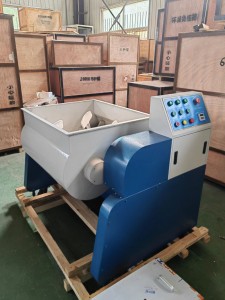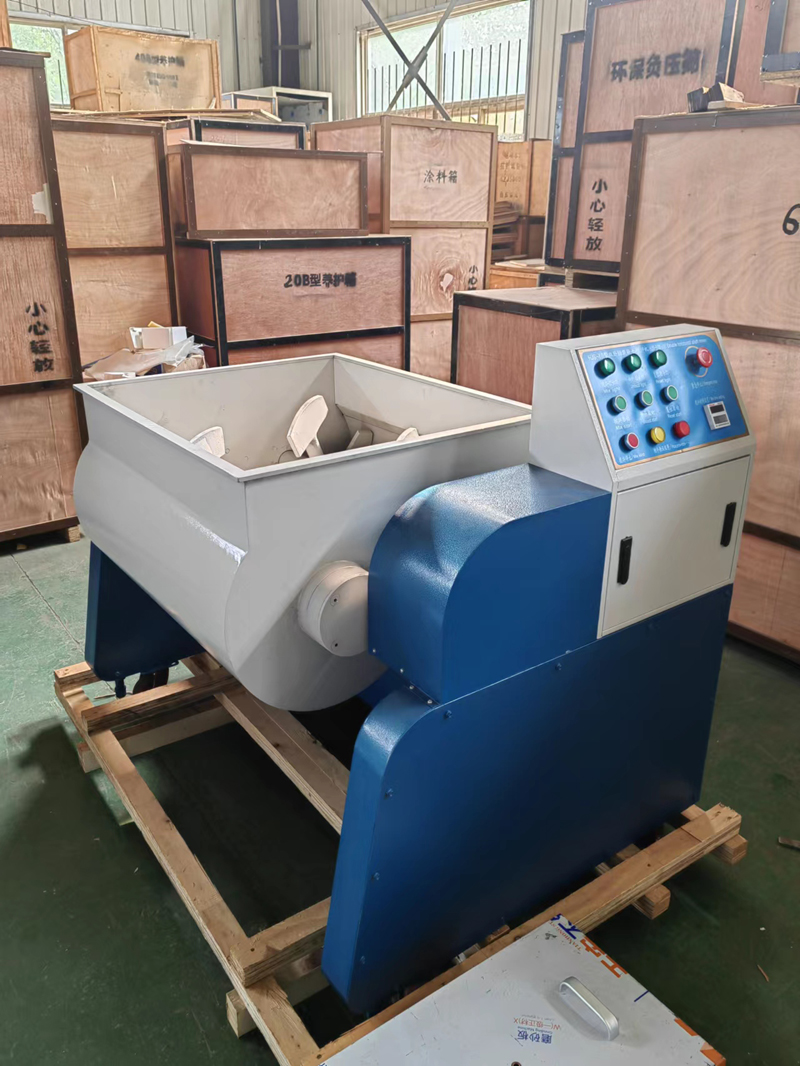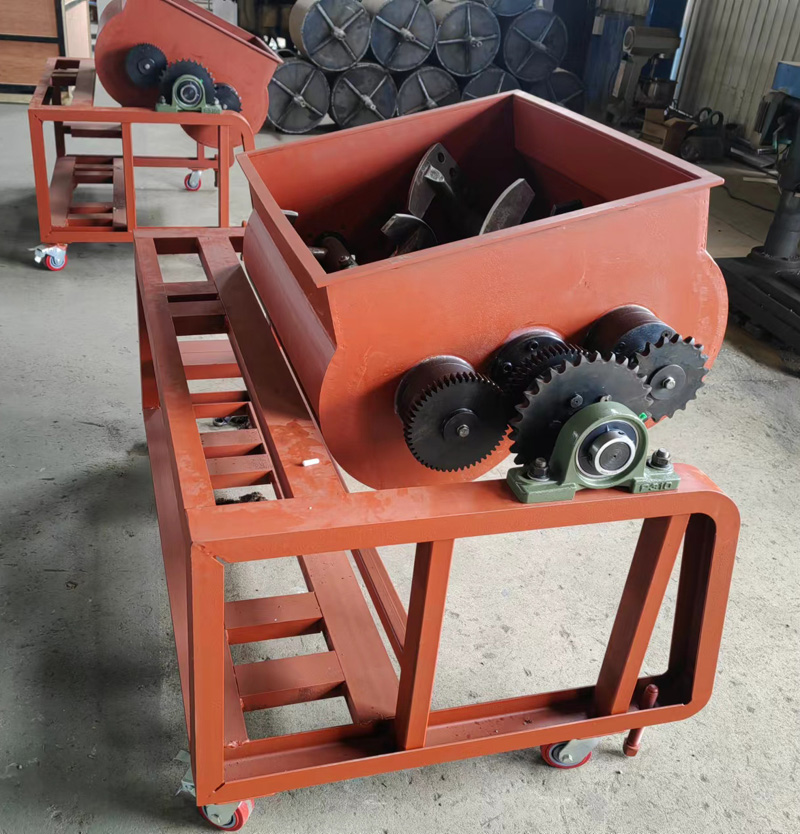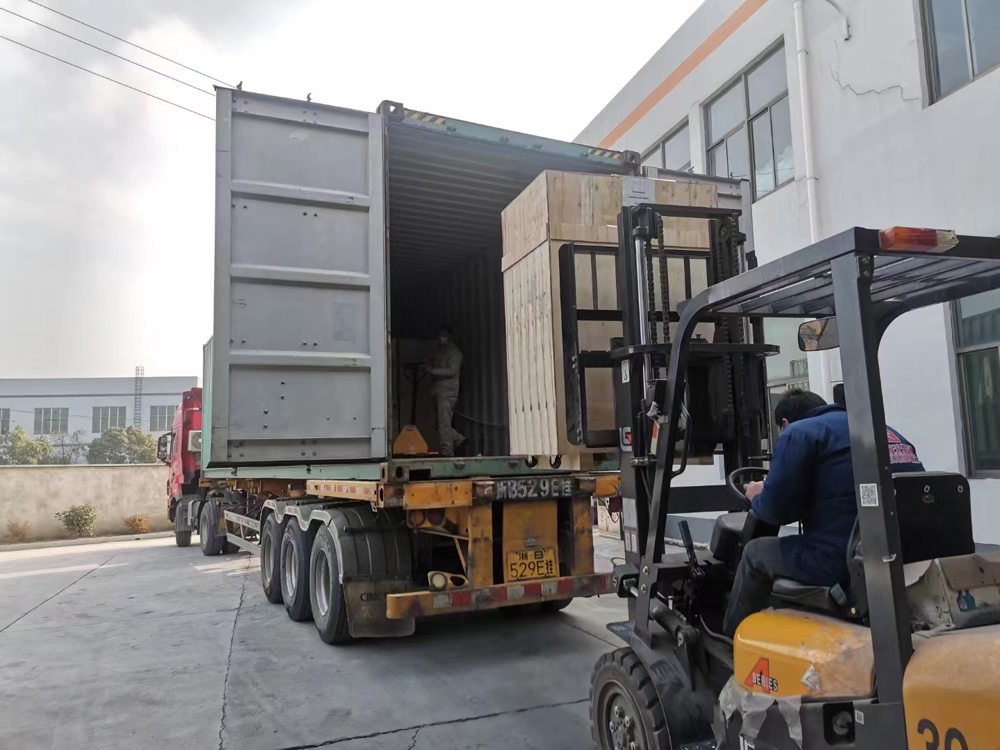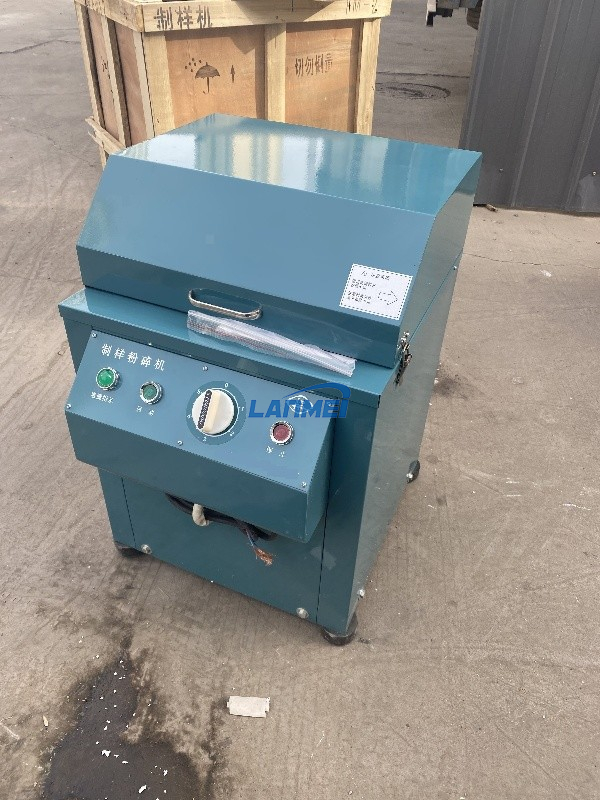60L 100L High Quality Laboratory Concrete Mixer
HJS-60 Mobile double-horizontal shafts Concrete Mixer (Twin Shaft Mixer)
The tectonic type of this machine has been included into national compulsory industry
<Concrete Test Mixer Standards> (JG244-2009).The performance of this product meets or even exceeds the standards. Due to its scientific design, strict quality control and unique tectonic type, this mixer of double-horizontal shafts features efficient mixing ,well-distributed mixture, and cleaner discharging and it is suitable for Institutes of scientific researches, mixing plant, detection units, as well as laboratory of concrete.High Quality Laboratory Concrete Mixer
Technical Parameters:
1. Tectonic Type: Double-horizontal shafts
2. Nominal Capacity: 60L
3. Mixing Motor Power: 3.0KW
4. Discharging Motor Power: 0.75KW
5. Material of work chamber: high quality steel tube
6. Mixing Blade: 40 Manganese Steel (casting)
7. Distance between Blade and inner chamber: 1mm
8. Thickness of work chamber : 10mm
9. Thickness of Blade: 12mm
10. Overall Dimensions: 1100×900×1050mm
11. Weight: about 700kg
12. Packing: wooden case
Delivery time: 10 work days after getting the payment.
Concrete Mixer Laboratory: Ensuring Quality and Efficiency in Construction
A concrete mixer laboratory plays a crucial role in ensuring the quality and efficiency of concrete used in construction projects. This specialized facility is equipped with various testing instruments and equipment to analyze the properties of concrete mixes, ensuring that they meet the required standards and specifications.
One of the key functions of a concrete mixer laboratory is to conduct tests on the raw materials used in concrete production, such as cement, aggregates, and water. These tests help in determining the suitability and quality of the materials, which is essential for producing durable and high-performance concrete. By analyzing the properties of the raw materials, the laboratory can recommend the optimal mix design for specific construction applications.
In addition to testing raw materials, a concrete mixer laboratory also evaluates the performance of concrete mixes through various tests, such as slump tests, compressive strength tests, and durability tests. These tests provide valuable insights into the workability, strength, and durability of the concrete, ensuring that it meets the required performance criteria.
Furthermore, the laboratory utilizes concrete mixers to prepare and test concrete samples under controlled conditions. This process allows for the simulation of real-world construction scenarios, enabling the laboratory to assess the behavior of concrete mixes in different environmental conditions and applications.
The data obtained from these tests and evaluations are essential for quality control and assurance in construction projects. By ensuring that the concrete meets the specified standards, the laboratory helps in preventing potential issues such as cracking, deterioration, and structural failures, ultimately contributing to the longevity and safety of the built environment.
Moreover, the utilization of advanced technologies and methodologies in concrete mixer laboratories enhances the efficiency of concrete production processes. By optimizing mix designs and refining production techniques, these facilities contribute to the development of innovative and sustainable concrete solutions for modern construction needs.
In conclusion, a concrete mixer laboratory plays a vital role in upholding the quality, performance, and sustainability of concrete used in construction. Through rigorous testing, analysis, and research, these facilities contribute to the advancement of concrete technology and the enhancement of construction practices, ultimately benefiting the built environment and society as a whole.



